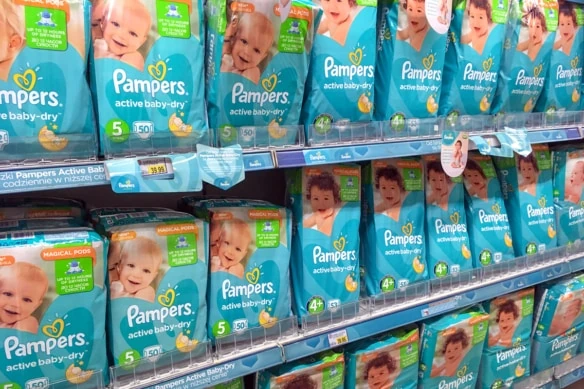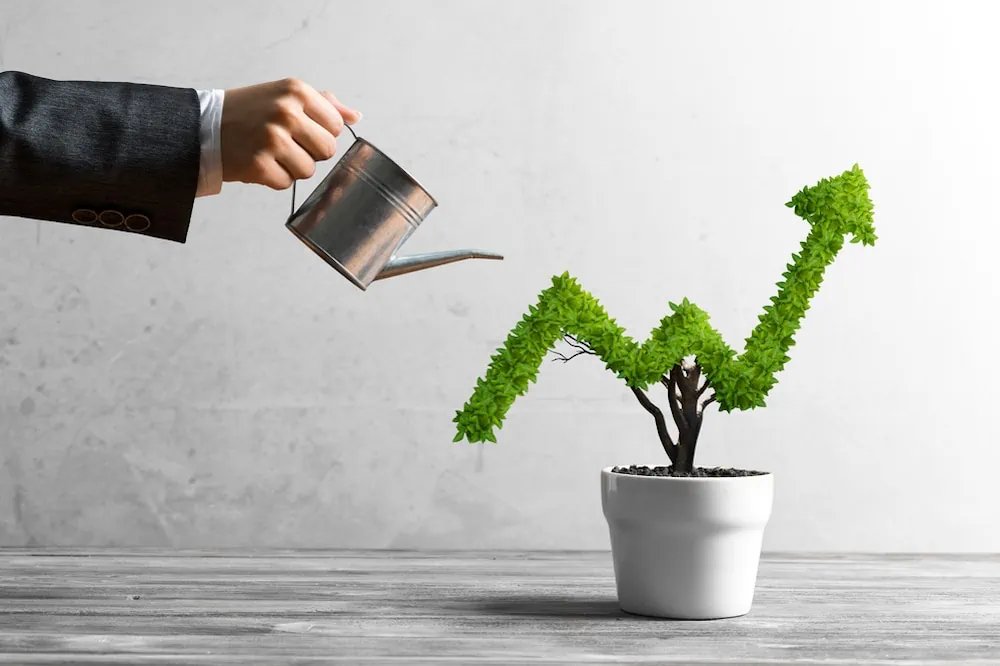With elevated inflation over the past couple of years, do you feel like your budget is tighter than ever? Even if you’re just purchasing necessities and skipping splurges, it might seem like every receipt you review is larger than the last—especially at the grocery store.
One possible solution? Buying in bulk. This shopping strategy can help you lock in lower food prices per unit and reduce your costs on a number of other staples—but not always. It depends on the item.
I’ve compiled a list of the best things to buy in bulk. Read on to learn how you can maximize your hard-earned money the next time you’re at the grocery store or wholesale club.
Featured Financial Products
Table of Contents
Buy These Items in Bulk
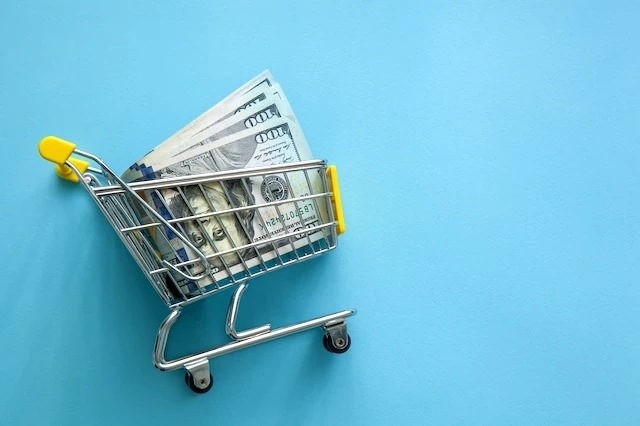
When you’re shopping for these items, you’ll want to push around two carts. That’s because they’re best made in bulk purchases to save money.
Importantly: Most items are often cheaper when bought in bulk, but not always. So always check to make sure the price you’re getting for a bulk purchase is actually cheaper than buying in smaller amounts.
1. Canned Foods

Canned food lasts for literally years, making it a perfect candidate for bulk buying. Canned food is typically inexpensive compared to fresh versions in the first place, and it lasts nearly indefinitely. Canned goods range from vegetables and beans that you can use to round out meals, to whole meals like pastas and soups, making them a versatile pantry staple.
2. Cleaning Supplies

While cleaning supplies can lose some effectiveness over time, it’s a minimal amount. For instance, unopened laundry detergent, for instance, usually has a shelf life of 12 to 18 months; unopened fabric softener usually takes two to three years to expire. So if your favorite cleaning supplies go on sale, or if they’re simply cheaper in bulk, buy them in bulk!
And maybe if you buy these household items in bulk, you’ll even be motivated to tackle the deep cleaning on your list. Maybe.
Related: The 7 Best Vanguard ETFs for 2025 [Build a Low-Cost Portfolio]
3. Diapers + Baby Wipes
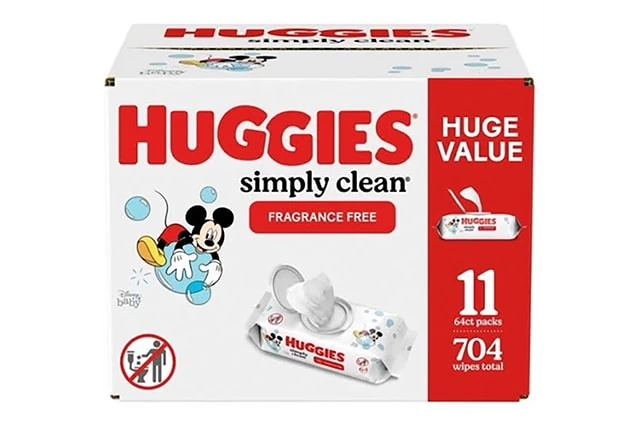
As seasoned parents know, you need far more diapers and baby wipes than you originally expected. You also know that discovering you’ve run out of diapers can be a disastrous situation. These products are expensive, so it’s better to buy bulk packages whenever possible—not just for the savings, but also for the peace of mind.
Alternatively, you might consider signing up for a subscription service, which could save you money and will automatically deliver these items regularly to ensure you never run out.
Related: 10 Financial Gifts for Babies, Kids & Grandkids [No More Toys]
4. Toilet Paper + Paper Towels
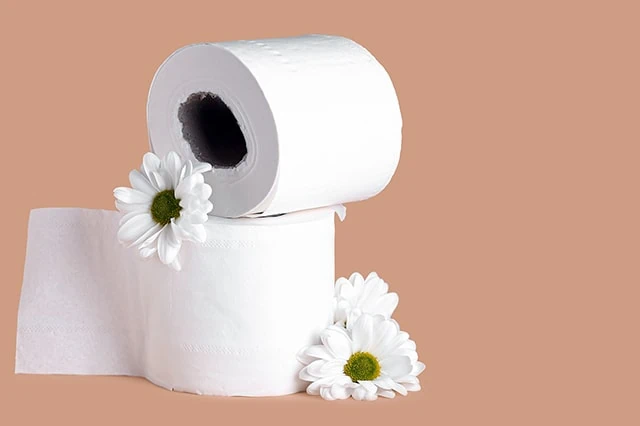
We all remember the great toilet paper shortage of 2020—and generations of people will forever stock up on toilet paper just so it never happens again.
To be fair, you never want to suddenly discover you’re out of TP. Fortunately, toilet paper (and paper towel rolls, for that matter) last a long time, making them excellent candidates for bulk purchases. This goes for other paper products, including paper plates, napkins, and parchment paper.
Related: 60 Personal Finance Statistics You Might Not Know (But Should!)
5. Dry Pasta
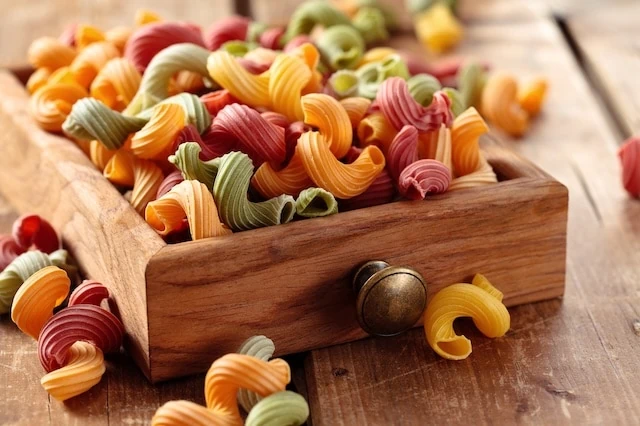
Pasta is a meal staple in many households, and it’s perfect to buy in bulk because it takes a long time to spoil—unopened boxes of pasta can last two to three years. It’s a quick, easy, versatile food product that’s filling and fast to make when you’re hungry and don’t want to make a trip to the grocery store.
Also, pasta meals make for some of the best leftovers (reheated pasta isn’t just tasty, but some scientists argue it’s healthier!). So rather than buying frozen food that incorporates pasta, buy pasta in bulk and use it in your meal prepping routine.
Like Young and the Invested’s content? Be sure to follow us.
Featured Financial Products
6. Pet Food

Does your pet always seem to know when it’s dinner time? Don’t disappoint them by running out of pet food. Both wet and dry pet food have a long shelf life; and given that this product can be expensive, you can use the savings from buying in bulk.
Whatever you do, don’t buy a new pet food in bulk—if your pets try it and they refuse to eat it, you’ll be stuck with a lot of useless cans. (And if you do do this, donate it to a pet shelter.)
Do you want to get serious about saving and planning for retirement? Sign up for Retire With Riley, Young and the Invested’s free retirement planning newsletter.
7. Toiletries
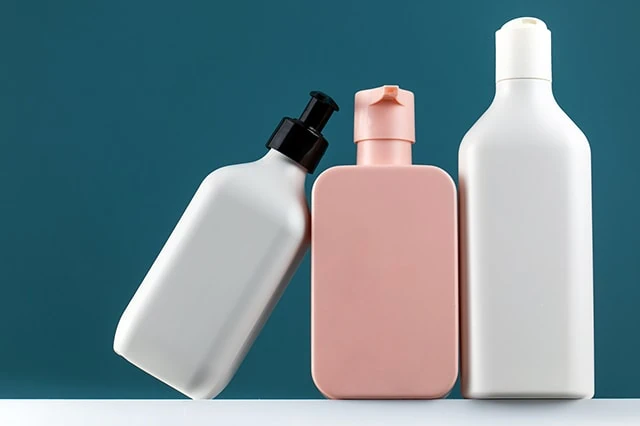
Household essentials such as deodorant, shampoo, conditioner, and toothpaste are excellent items to buy in bulk. As long as these toiletries are the ones you typically use, you know you’ll end up using them all eventually.
Also, brands frequently reformulate these types of products or discontinue them, so if you have a favorite or two, it makes sense to stock up so you can keep using those products for quite a while longer.
Related: 7 Best Schwab ETFs to Buy [Build Your Core for Cheap]
8. Menstrual Products

Unless you’re planning on becoming pregnant soon, you absolutely never want to run out of menstrual products—so you might as well buy in bulk. Doing so can help you keep an emergency stash in purses, suitcases, and other strategic locations.
The “pink tax” is real, so you should save money in this department whenever possible. And they’re durable—the shelf life for these products is about five years.
If you do end up with more than you need, menstrual products are a wonderful item to donate to homeless or women’s shelters.
Related: 10 Best Fidelity Funds to Own
9. Dry Snacks

The expiration dates for dry snacks vary. For example, unopened potato chips usually last only one month past the expiration date, while crackers and pretzels can often last up to three months. Unpopped popcorn is usually good for up to one or two years.
So, you’ll want to be selective about buying dry snacks in bulk, as some of them don’t last as long as other items on this list. Still, for families, they can be worth buying in large quantities.
Like Young and the Invested’s content? Be sure to follow us.
10. Gift Wrap + Greeting Cards

Assuming you have sufficient storage space, you can save a significant amount of money by bulk-buying gift wrap, tissue paper, and greeting cards when they are on sale.
Here’s a tip: If you stick to solid colors or non-clearly-holiday-related patterns, you can use gift wrap for any occasion throughout the year. You never know when an event might warrant a gift or card, and it’s much easier to be prepared than to grab something last minute.
Related: How to Get Free Stocks for Signing Up: 10 Apps w/Free Shares
11. Trash Bags
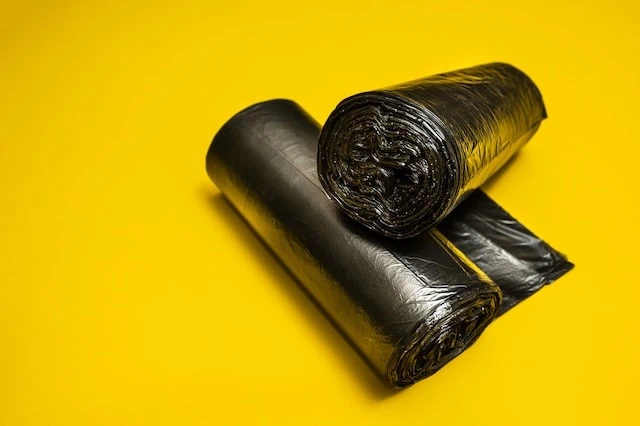
We could all do better by the planet by producing less trash, but we still have to contain whatever we throw away. Trash bags can literally last for decades, and you regularly use these household items, so you should heavily stock up on them when they go on sale. Buying larger rolls of bags doesn’t take up much extra space either. You can find bulk deals on these at standard grocery stores, wholesale clubs, and mass merchants.
Related: 7 Best Fidelity ETFs for 2025 [Invest Tactically]
12. Dried Beans
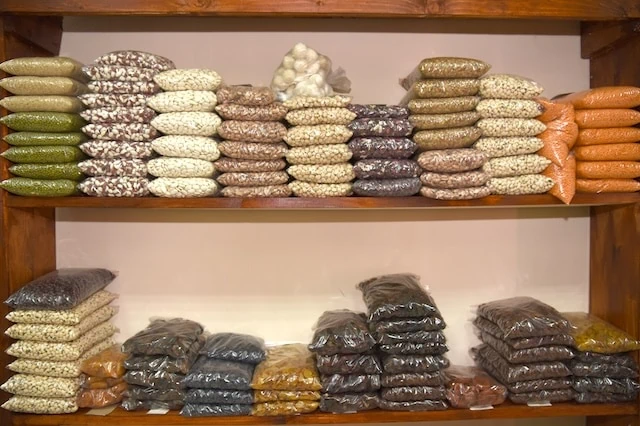
Beans are a staple in many people’s diets and a healthy meal addition. Dried beans are considered non-perishable, though they start to lose some of their nutritional value after two to three years.
Some people prefer dried beans over canned ones because they aren’t full of sodium and are usually more affordable. You can already save money buying dried beans over canned; and when you buy in bulk, you can increase your savings.
Related: How to Get Free Money Now [12 Ways to Earn Money]
13. Vitamins (Sometimes)

The “best before” date for pill-form vitamins varies, but it’s usually at least two years. Since most vitamin-takers have their pills daily, it can make sense to buy your vitamins in bulk for a cheaper price. Even at a regular grocery store, it’s usually easy to find what you need in larger bottles. (Plus, staring at a big ol’ bottle every day might help you remember to take them.)
Chewable or gummy vitamins will have a shorter shelf life. These absorb moisture, become sticky, and tend to degrade faster. Even if these still provide nutrition, they become less appealing as time goes on, and thus, they’re not a good bulk purchase. (By the way, to make these kinds of vitamins last longer, keep them stored in a cool, dry place.)
Related: 31 Millennial Spending Habits & Income Statistics to Know
Featured Financial Products
14. Batteries
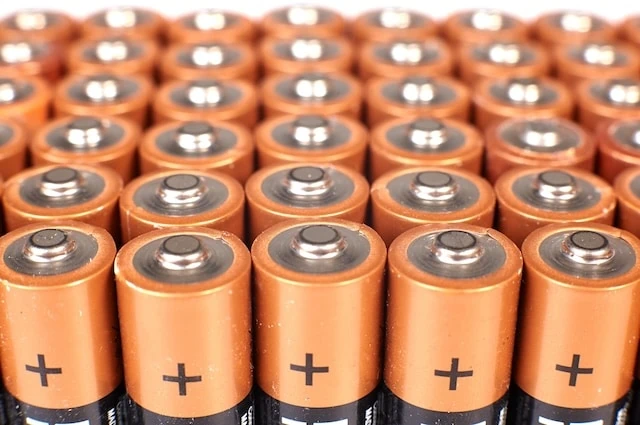
Batteries have one of the most impressive shelf lifes on this list, lasting anywhere between 5 to 12 years depending on the fuel (alkaline, lithium, etc.). And because they’re pricey, it definitely makes sense to buy them in bulk. Besides, you never know when a device’s batteries are about to die or when you’ll get a new product that needs batteries, so it always makes sense to have extra batteries on hand.
Like Young and the Invested’s content? Be sure to follow us.
Related: 7 Best High-Quality, High-Yield Dividend Stocks to Buy
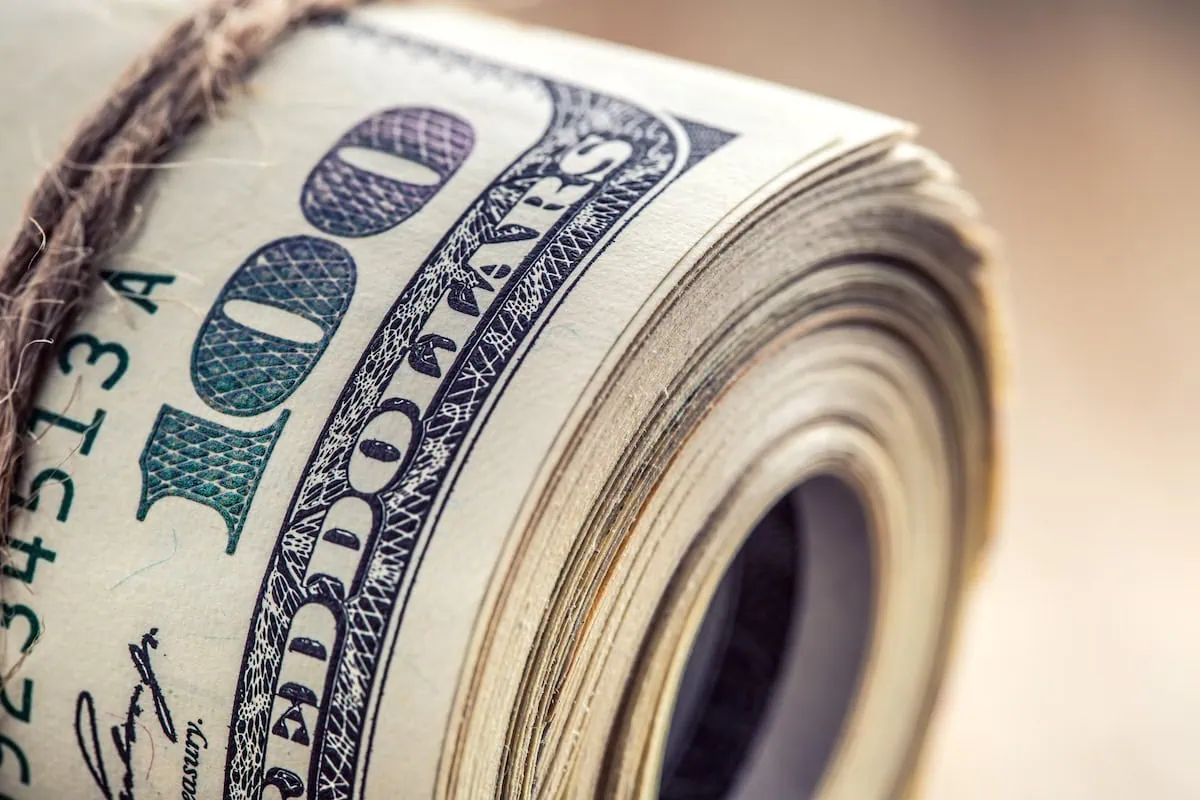
Looking to earn some serious dividend income? These high-quality, high-yield dividend stocks are well-regarded not only for their high payouts, but for the sustainability of those dividends (at least in the eyes of investment professionals covering the stocks).
We look into these seven companies’ dividend profiles and why analysts think their stocks are well worth holding in your income portfolio.
Related: 12 Best Long-Term Stocks to Buy and Hold Forever
As even novice investors probably know, funds—whether they’re mutual funds or exchange-traded funds (ETFs)—are the simplest and easiest ways to invest in the stock market. But the best long-term stocks also offer many investors a way to stay “invested” intellectually—by following companies they believe in. They also provide investors with the potential for outperformance.
So if you’re looking for a starting point for your own portfolio, look no further. Check out our list of the best long-term stocks for buy-and-hold investors.
Related: 9 Best Monthly Dividend Stocks for Frequent, Regular Income
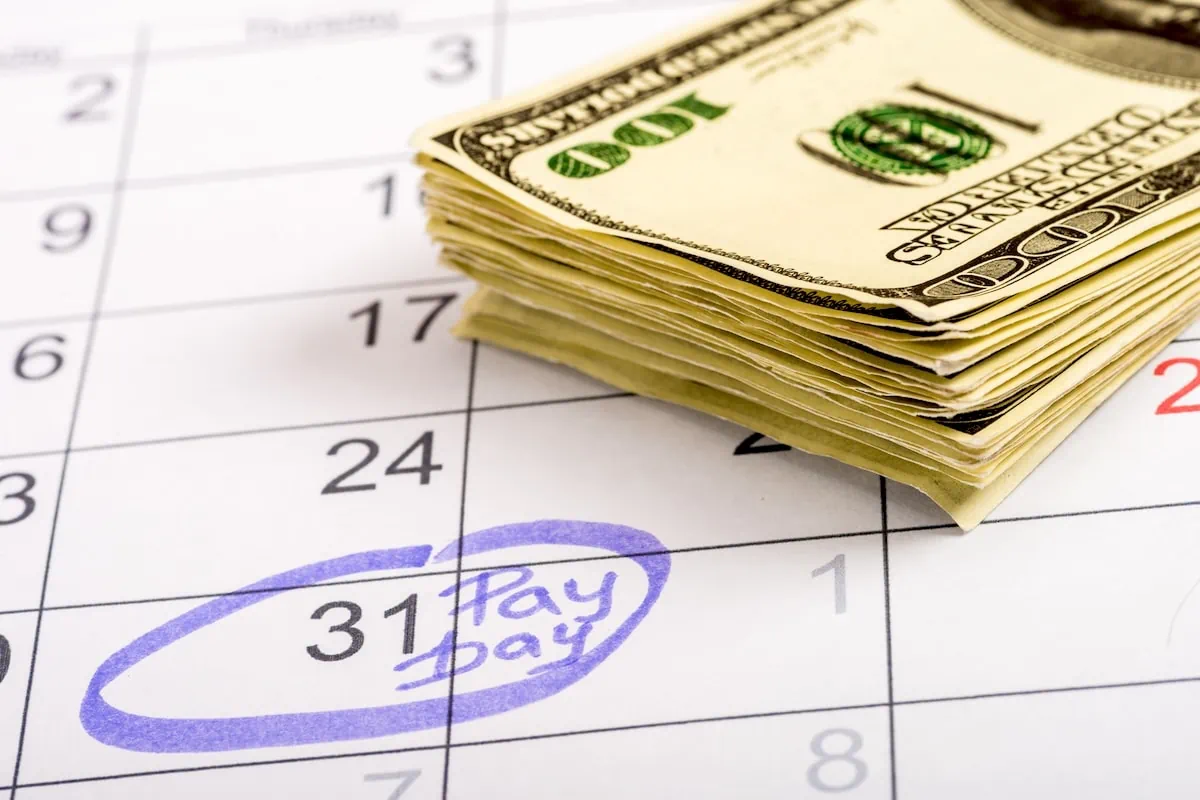
The vast majority of American dividend stocks pay regular, reliable payouts—and they do so at a more frequent clip (quarterly) than dividend stocks in most other countries (typically every six months or year).
Still, if you’ve ever thought to yourself, “it’d sure be nice to collect these dividends more often,” you don’t have to look far. While they’re not terribly common, American exchanges boast dozens of monthly dividend stocks.
Please Don’t Forget to Like, Follow and Comment
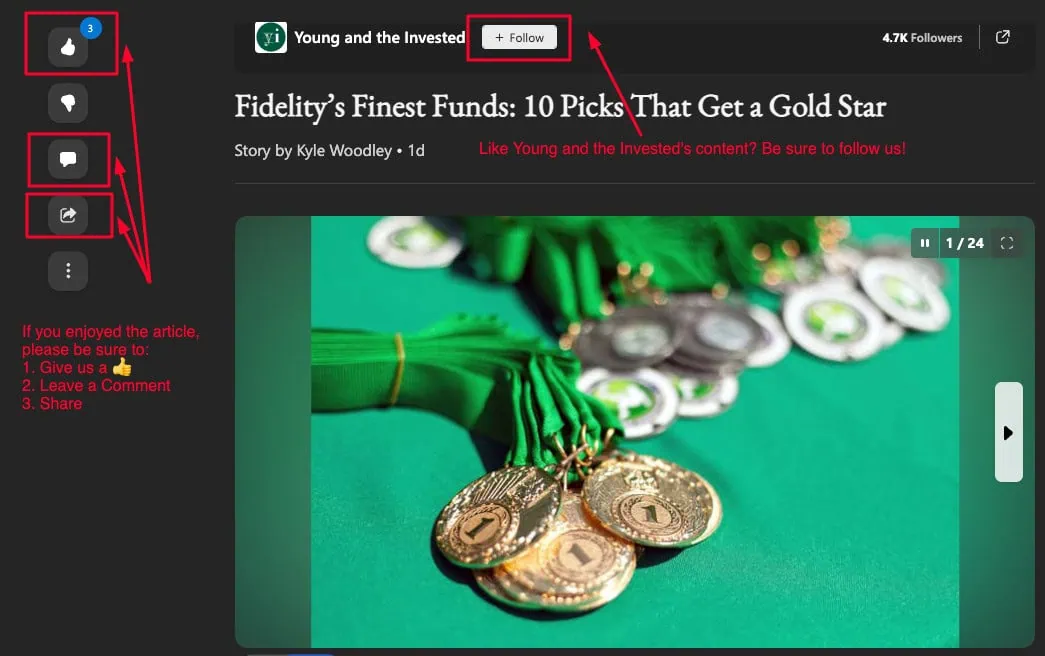
Did you find this article helpful? We’d love to hear your thoughts! Leave a comment with the box on the left-hand side of the screen and share your thoughts.
Also, do you want to stay up-to-date on our latest content?
1. Follow us by clicking the [+ Follow] button above,
2. Subscribe to Retire With Riley, our free weekly retirement planning newsletter, and
3. Give the article a Thumbs Up on the top-left side of the screen.
4. And lastly, if you think this information would benefit your friends and family, don’t hesitate to share it with them!




